Asian Literature
When Lauretta Ngcobo died in 2015, Africa lost a significant literary talent, freedom fighter, and feminist voice. Ngcobo was one of the pioneering writers who first published novels in More >
These seven stories, dramatic and thought-provoking, provide a compelling picture of Korean life in the 1940s–1990s. Family and community ties, respect for tradition, survival in the More >
These powerful stories were written between 1947, when Pakistan was created, and 1971, when it was fragmented by the creation of Bangladesh as an independent nation. Steeped in an More >
"Not sure if he were imagining it or if it were indeed real, he inhaled a familiar scent, rose attar, the fragrance that had consumed him in his sleeping and waking hours.... she was More >
Hilary Tham's memoirs reveal the many images, cultures, myths, and memories out of which her poetry has emerged. Tham recalls a life of many textures: her Chinese ancestry, her More >
Through birthright, travel, marriage, and work, Hilary Tham has experienced an extraordinary range of world cultures, all vibrantly reflected in her latest collection of poems. Tham’s More >
At the beginning of the 1980s, Singapore’s public relied largely on a literary diet of traditional British and North American authors. By 1990, however, books by Singaporeans were More >
These twelve stories set in modern Pakistan capture the rich Urdu literary tradition, telling close, personal tales of family relationships, love, spirituality, dreams, and the interactions More >
Seb, the protagonist of this Goan-Indian novel, is a member of the Indian “lost generation” caught between cultures, religions, and epochs. Struggling against the Western-style More >
This political, and darkly romantic novel centers on Mei Puti, a "forty-something" professor of literature, who suffers during the Cultural Revolution because of her heritage as More >
This is the volume that first presented Hilary Tham's unique voice to the world literary scene. Described vividly and compassionately, Tham's colorful cast of characters includes a More >
Narang describes India as a land that lives simultaneously in several centuries, “accepting much and rejecting nothing.” It is a place of contrasts and contradictions, More >


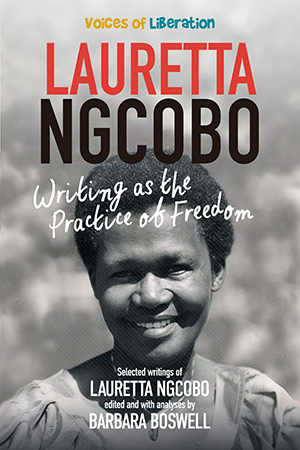
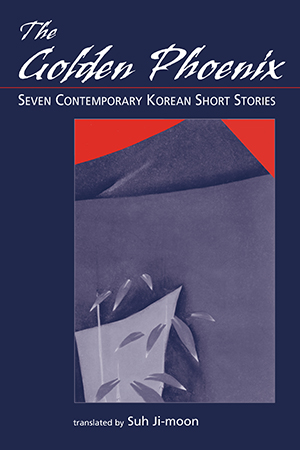
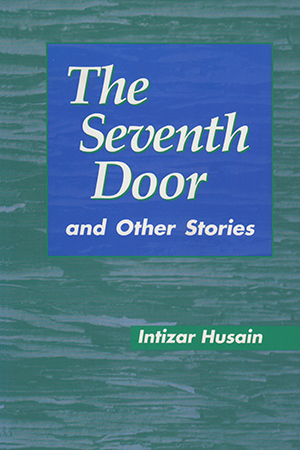
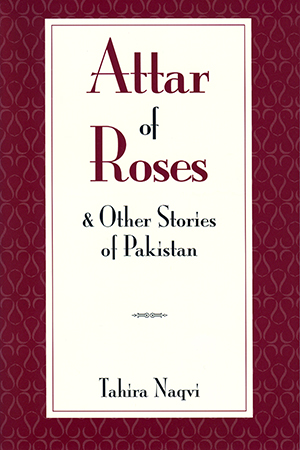
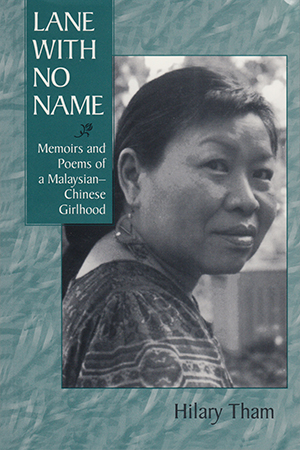

![The Everlasting Rock [a novel]](/uploads/66fc2b1b0a018.jpg)



